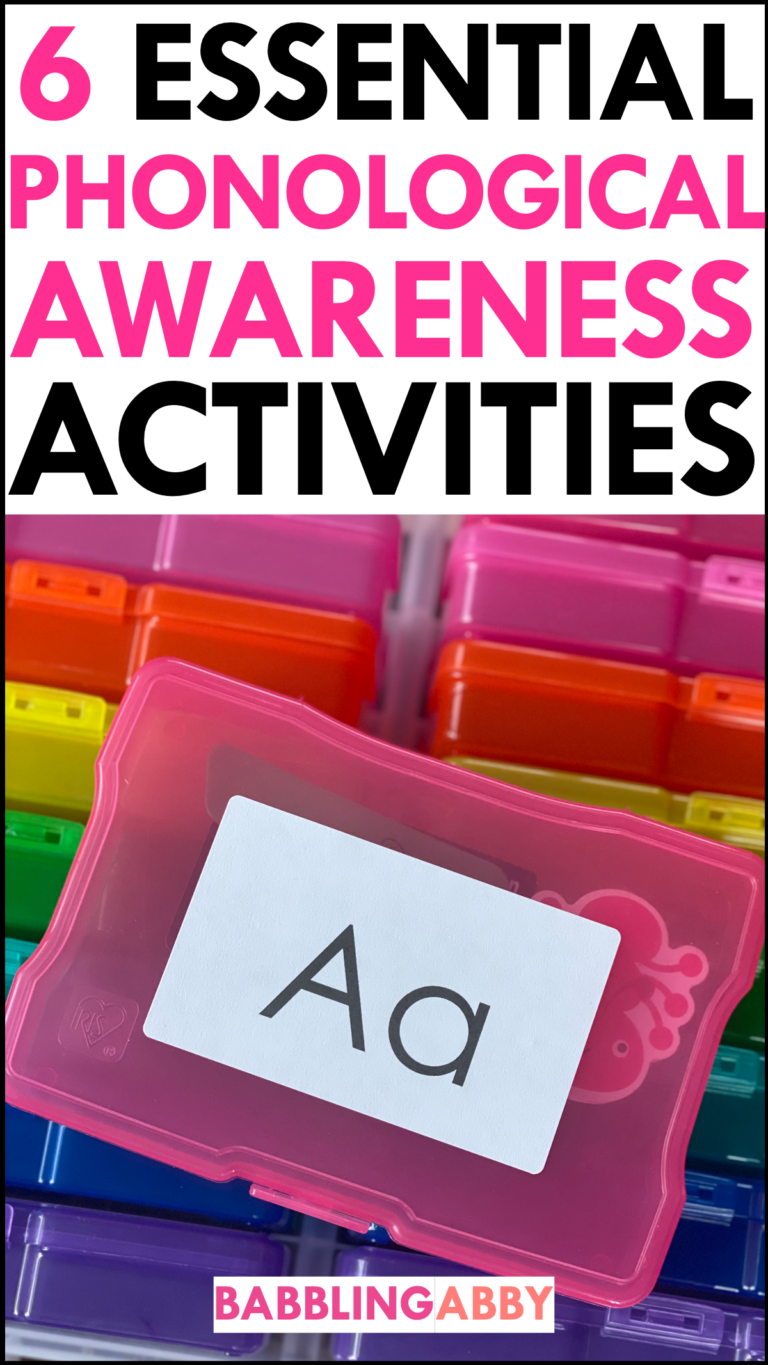

Phonological awareness is the foundation upon which reading and spelling skills are built. As a K-1 reading interventionist, equipped with training in Orton-Gillingham, LETRS, and Heggerty, I’ve seen firsthand the transformative power of effective phonological awareness activities. These methodologies, grounded in systematic, explicit instruction, offer a ton of strategies to nurture young learners’ reading abilities. In this post, I’ll share some of my favorite activities that support phonological awareness in K-1 classrooms, ensuring your students are on the path to literacy success.
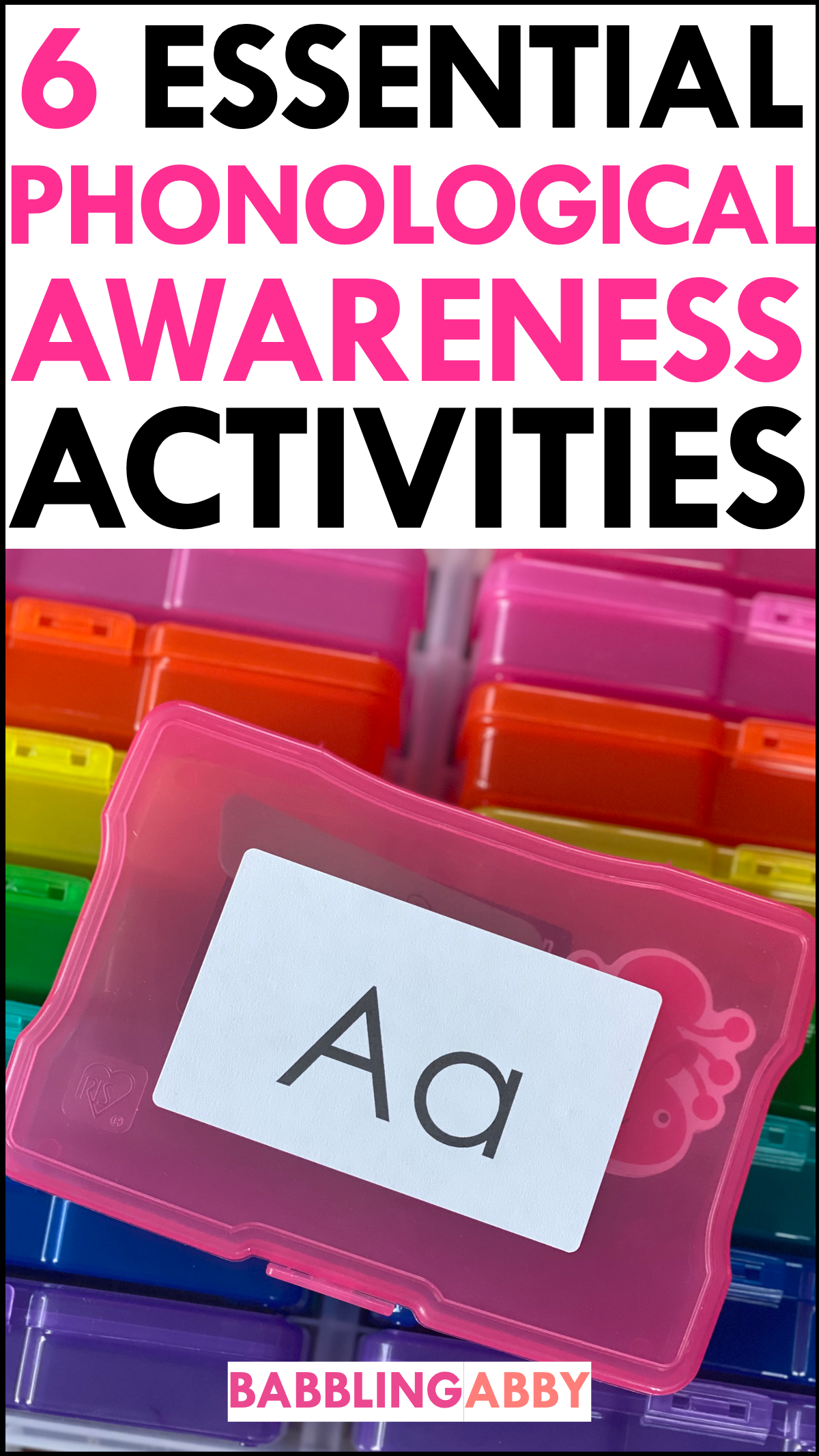
Starting with the basics, sound matching games are a fantastic way to introduce young learners to phonological awareness. Activities such as “I Spy with My Little Ear” focus on identifying initial sounds in words, which is a key skill in phonemic awareness. For example, “I spy with my little ear something that starts with the /b/ sound.” This simple game can be played anywhere and requires no materials, making it a flexible option for any classroom or learning setting.
You can also use picture cards, as shown below. I show students four cards, state the names of the cards and clearly enunciate the beginning sound of each word. Then, I ask students, “Which picture begins with the /__/ sound?” Alternatively, you could ask, “What sound do you hear at the beginning of ______,” using the same picture cards for support.
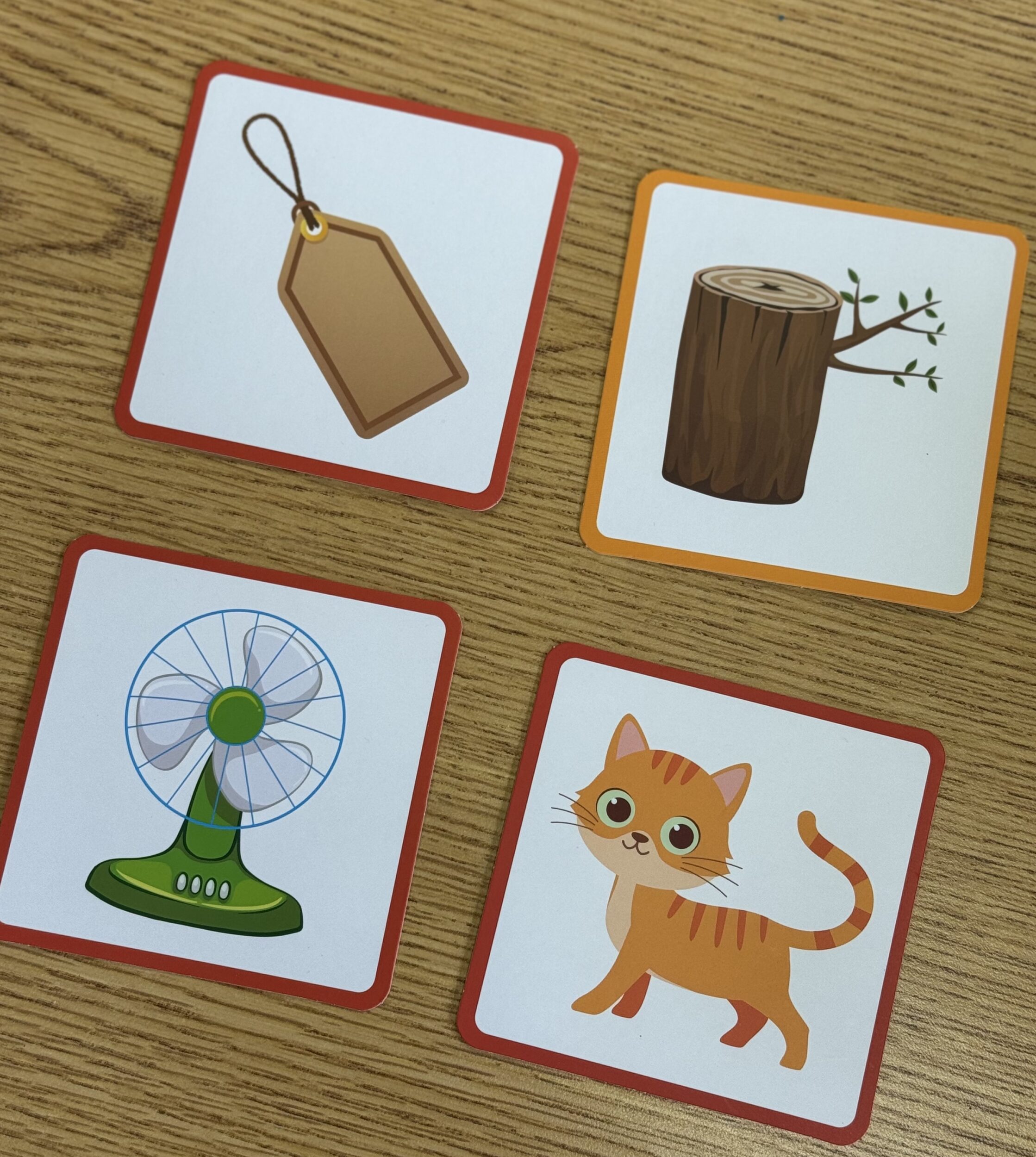
Rhyming is a fundamental aspect of phonological awareness and a key indicator of early reading success. Activities that encourage children to listen for and generate rhymes can be both educational and entertaining. One of my most FAVORITE rhyming books is Rhyming Dust Bunnies by Jan Thomas. I created a ton of FREE activities to use alongside this hilarious story of the Dust Bunnies and their run-in with the dreaded vacuum cleaner. Check out those activities here!
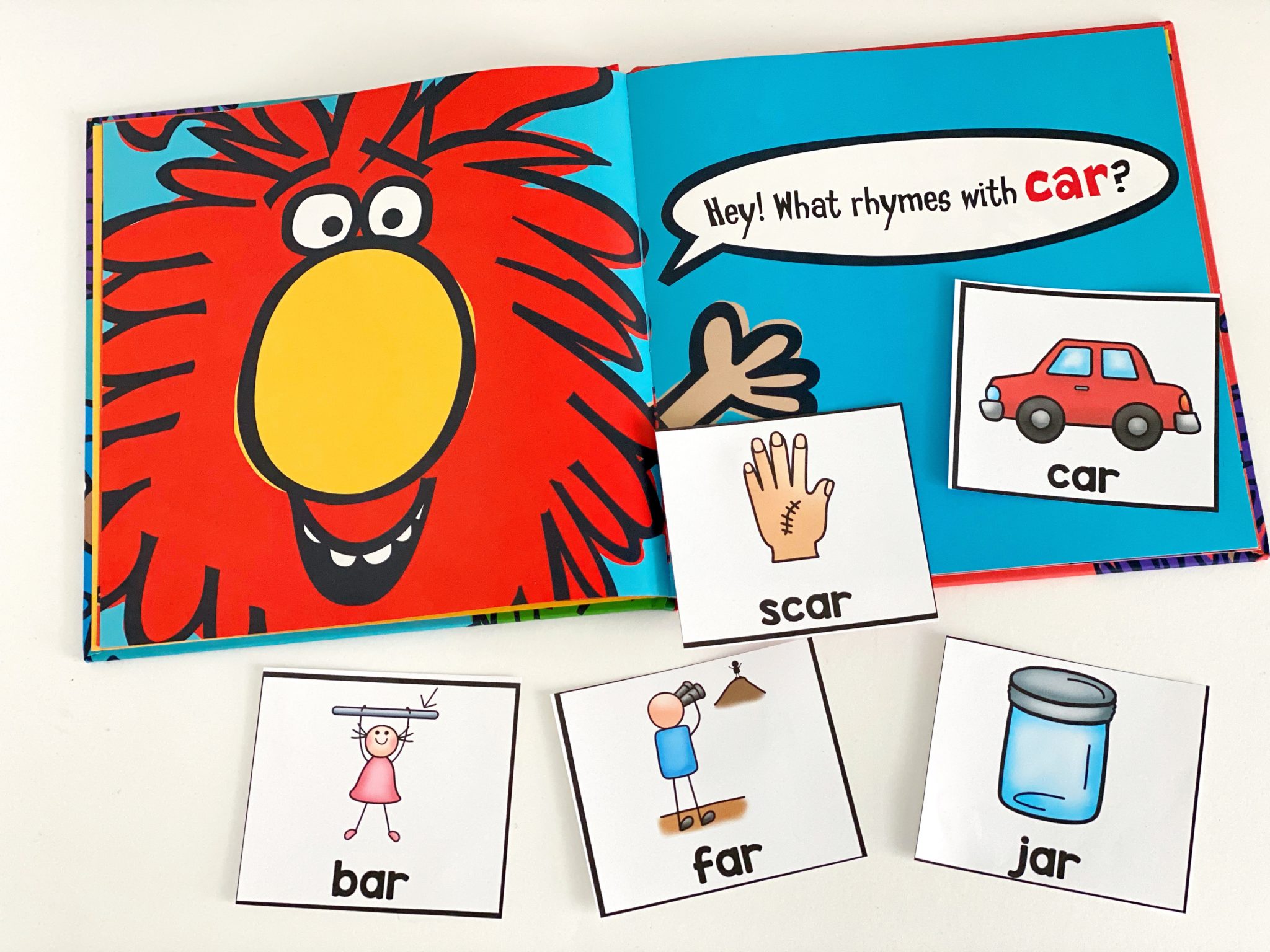
Additionally, you can use a “Find the rhyme” activity where students are present with three words. They say the words aloud and determine which two of the three words rhyme by putting chips on them.

Phonological memory, the ability to remember spoken information for a short period, is crucial for developing literacy skills. To bolster this, try having students repeat fun alliterations. Not only does this help their memory, but it also encourages sound play. This book (aff link) has amazing pictures and the best sentences for students to listen for sounds! It’s a great alphabet book, too!
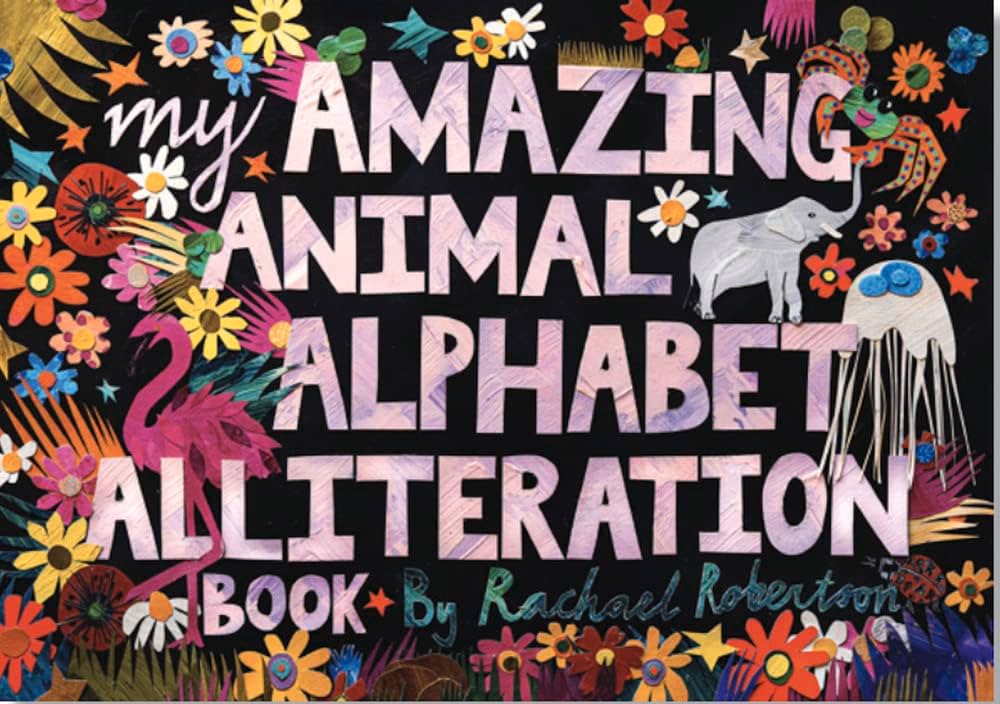
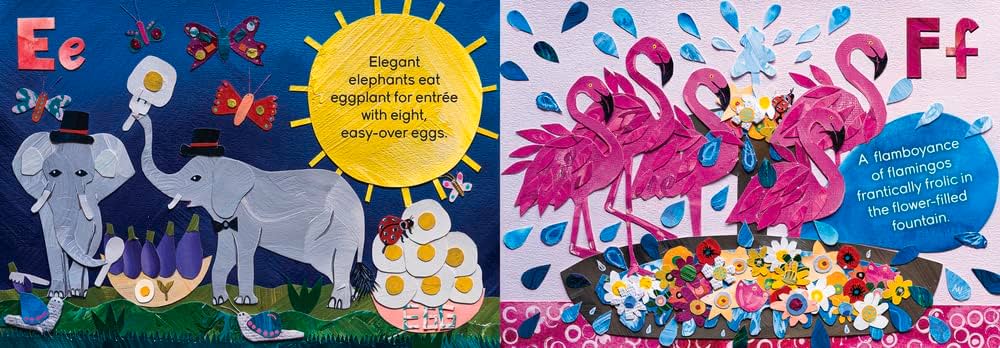
A fundamental component of phonological awareness is the ability to recognize and count syllables in words. This skill is crucial for developing readers, as it helps them break down larger words into manageable chunks. A fun and interactive way to practice this is through the “Syllable Clap” game.
In this activity, children clap their hands for each syllable they hear in a word. For example, when saying “elephant,” they would clap three times to match the three syllables in the word. This can be turned into a variety of games, such as passing a ball around a circle and having each student say a word and clap out its syllables when they receive the ball. Not only does this help with syllable segmentation, but it also enhances listening skills and promotes a physical connection to the learning process.
Incorporating movement, like clapping or tapping, makes the learning experience more engaging for young learners and supports their ability to internalize the concept of syllables as building blocks of words. This activity aligns well with the multisensory approaches of Orton-Gillingham and can be easily integrated into daily classroom routines or literacy centers, providing a dynamic way to reinforce syllable awareness among K-1 students.
I use these picture cards to help support syllabication. Students can tap their fingers in each box as they syllabicate the word.

Another engaging strategy to enhance phonological awareness is focusing on the onset (the initial consonant sound or cluster of a word) and rime (the vowel and any following consonants) of words. This understanding plays a pivotal role in developing decoding and spelling skills. A highly effective and enjoyable onset and rime activity is “The Rhyming Swap.” In this game, children start with a base word, such as “cat.” The educator then challenges students to change the onset to form new words that rhyme with the base word, like “bat,” “hat,” and “rat.” (Onset Rime Cards seen below.)

This activity not only reinforces the concept of rhyming but also encourages students to manipulate phonemes, an advanced phonological awareness skill. By engaging in “The Rhyming Swap,” children develop a deeper understanding of how words are constructed, which is essential for reading fluency and spelling accuracy. This game can be adapted for individual or group settings and offers a playful way to explore language sounds, making it a perfect addition to the phonological awareness toolkit in K-1 classrooms.
A highly effective activity for enhancing phonological awareness in young learners is “Alphabet Soup Sound Sort,” which focuses on sorting objects or pictures based on their beginning sounds. This hands-on, engaging activity supports the development of phonemic awareness by helping students recognize and categorize sounds at the beginning of words. To do this, gather a variety of small objects or pictures and group them according to the initial sound they represent. (I have an entire set of sound boxes (aff link) that include realia for activities like this.)
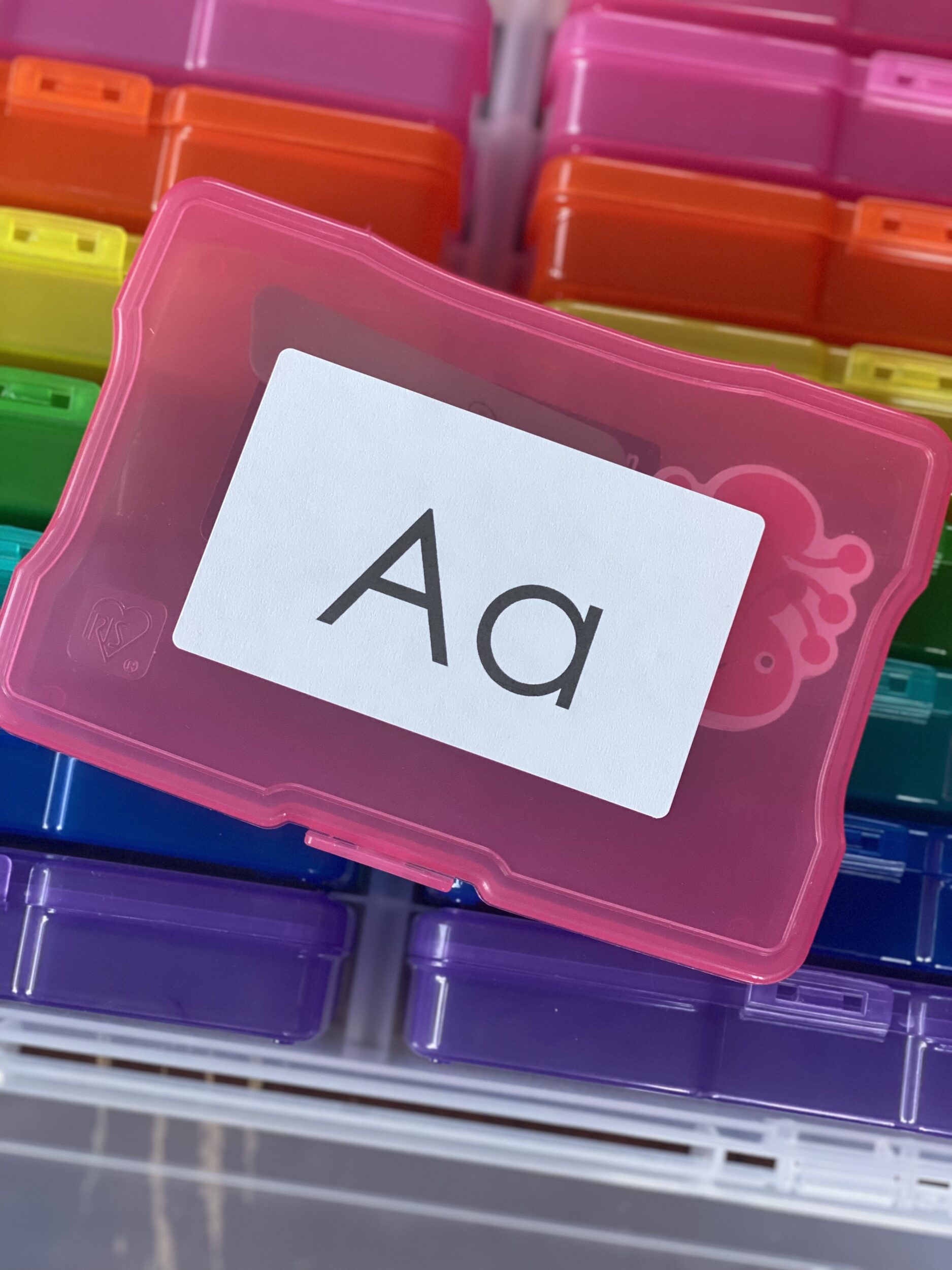
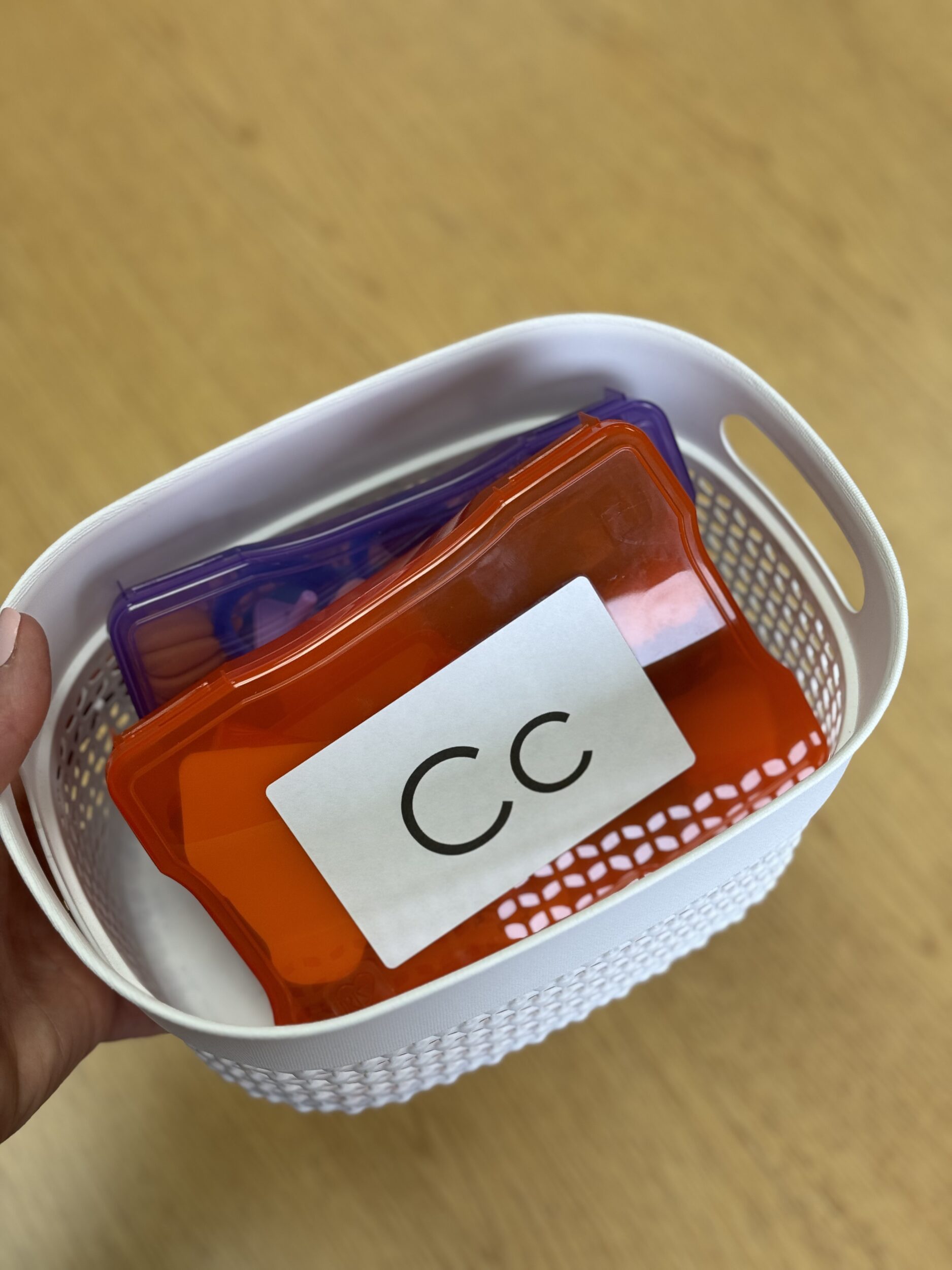
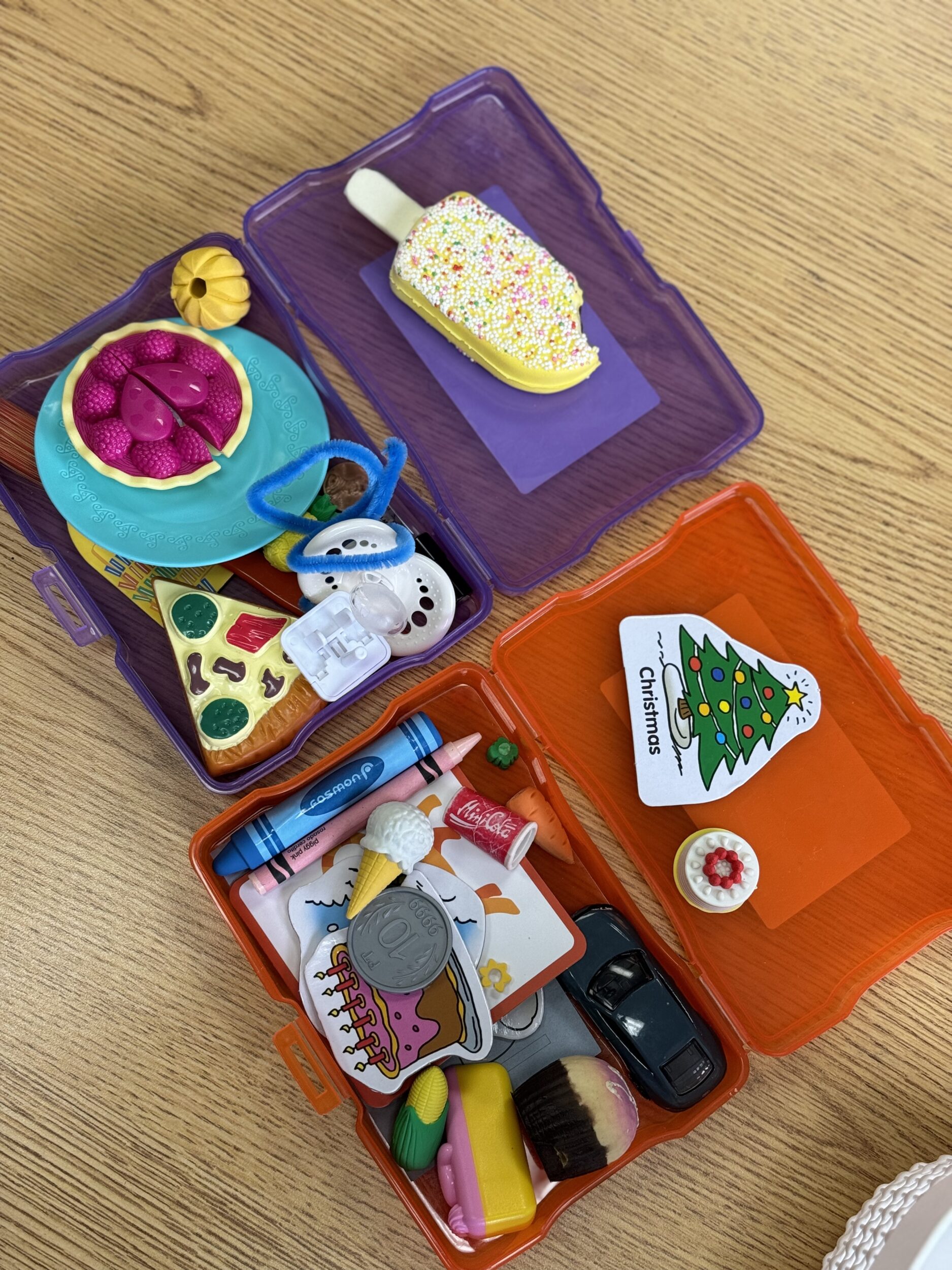
For instance, you might have a set for the /p/ sound (popsicle, penny, pumpkin) and another for the /c/ sound (cake, cat, car). I mix all of the objects together and let each kiddo pick a few objects from the ‘soup.’ Children are then asked to sort these items into the correct group based on their initial sounds.
This activity can be easily differentiated by using a wider range of sounds or by increasing the number of categories as students become more proficient. Alphabet Soup Sound Sort encourages critical thinking, as students must listen carefully to the sounds and decide where each object belongs. It also offers an excellent opportunity for vocabulary development, as children discuss and name each object (great for English Language Learners!).
Integrating this activity into your phonological awareness practice not only reinforces the connection between sounds and letters but also prepares students for more complex phonics instruction. The tactile and visual aspects of this type of sound sort make it an ideal, multisensory approach to learning that can captivate the attention of K-1 students, making the exploration of sounds both fun and memorable.
Building phonological awareness in K-1 students is a journey filled with opportunities for exploration, discovery, and growth. By incorporating a variety of activities, educators can create a rich, multisensory learning environment that supports all aspects of early reading development.
As educators, our role is to provide the tools and support necessary for every child to succeed. By embedding these phonological awareness activities into your daily routines, you’re setting the stage for reading success.
PS. Grab a FREE activity to support phonological awareness by filling out the form below and joining our mailing list!

Abby is a former kindergarten and first grade teacher who channels her passion for education into creating engaging activities and resources for the kindergarten and first grade classroom. When not dreaming up or working on her next project, you’ll find her enjoying her family – most likely in her minivan on the way to a soccer field.

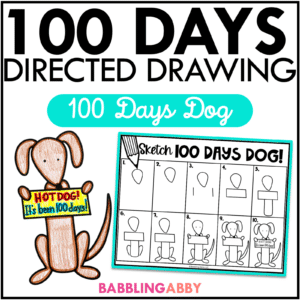
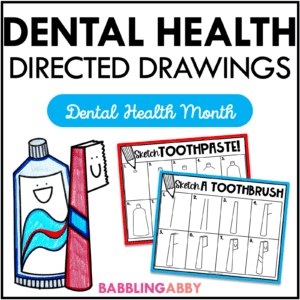


Help your students build their phonemic awareness with this simple segmenting activity. Get 25 FREE practice pages sent to your inbox today.
©2022 Babbling Abby. All Rights Reserved.